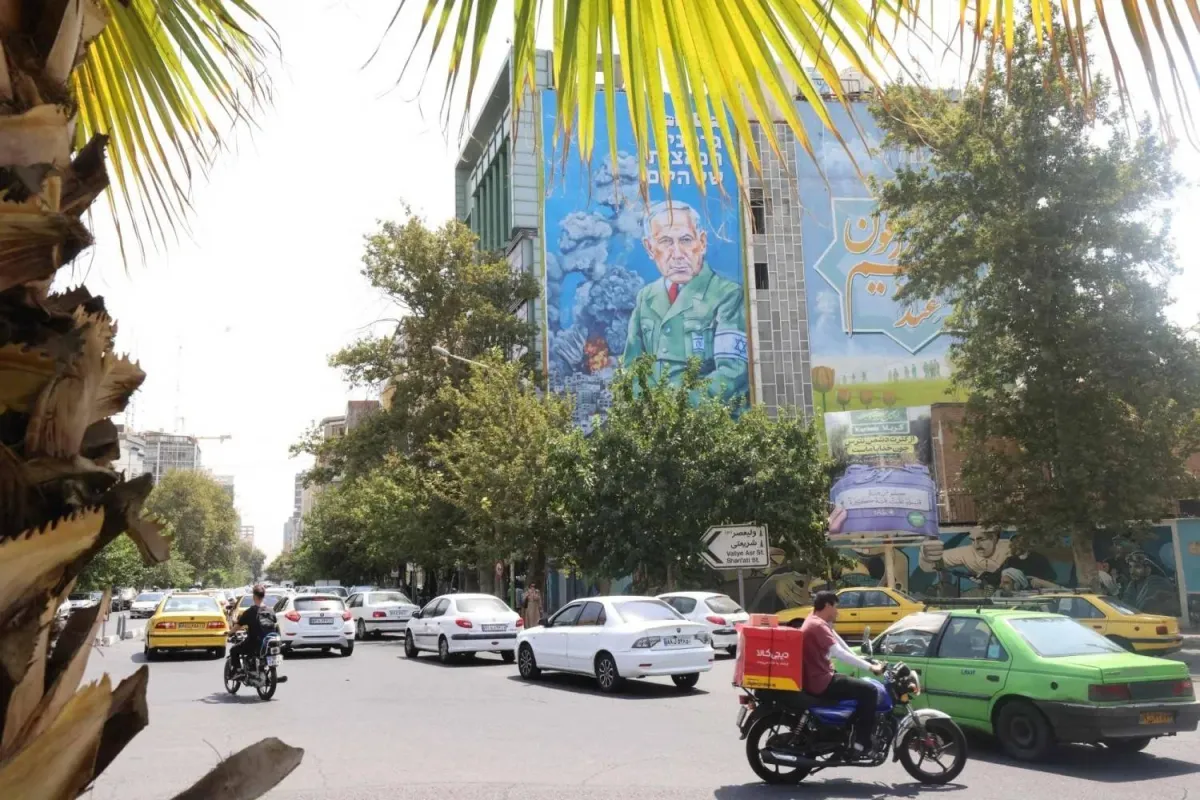Days after Prime Minister Benjamin Netanyahu warned that Israel’s military was prepared to counter any Iranian attempt to rebuild its missile and nuclear capabilities, a senior Israeli officer said his troops were ready for the fallout of another war with Tehran.
Col. Shlomi Ben Yair, head of the Home Front Command’s rescue unit, told soldiers complaining of heavy field burdens that his forces were preparing “for another round of war with Iran.”
“This round can always come as a surprise, and we are fully ready for it – not just in a routine way,” he was quoted as saying by the daily Yedioth Ahronoth.
The elite rescue corps numbers just 250 soldiers but is considered one of the army’s most crucial units. Its members are trained to dig survivors out from rubble, often facing dismembered bodies and horrific battlefield scenes.
Over the past two years, they have operated under intense pressure from Tel Aviv to southern Lebanon and Rafah in Gaza. Troops have been demanding longer leave and better pay in return.
Netanyahu last week cautioned that Iran might stage a “surprise attack” in retaliation for recent blows.
A fragile ceasefire halted a 12-day war in June that began with Israeli air raids and US strikes on three underground nuclear sites in Iran. The fighting killed several senior Revolutionary Guard commanders and nuclear scientists.
Israeli media say the army is bracing for another confrontation. Maariv reported Tuesday that commanders feared Tehran could mount a sudden strike “even before the Gaza City offensive,” to recast the war narrative.
Yedioth Ahronoth said Friday Israeli leaders were increasingly alarmed by Chinese military support for Iran and reports that Tehran was replenishing its ballistic missile stockpiles. Israel has conveyed concerns to Beijing, which denied supplying missiles, the paper said.
According to Yedioth, the army has revised its doctrine to prioritize pre-emptive strikes, signaling it will not wait to be attacked before hitting first.
On Monday, the military held a surprise drill overseen by Chief of Staff Eyal Zamir to test readiness.
A military source said the exercise aimed both to send a message to Iran and Hezbollah that “Israel never sleeps with both eyes closed,” and to raise alert levels across the army, Mossad and Shin Bet intelligence services.
Maariv said Israel’s security establishment was preparing for the possibility of a broad Iranian assault on multiple fronts.
It said Iran and Hezbollah faced a “critical crossroads” as the war had weakened Hezbollah’s position in Lebanon and dented Iran’s standing at home. Both now sought to craft a narrative “that they did not lose the war.”
Israeli officials are watching several trends in Iran, the paper said: efforts to rebuild nuclear and missile infrastructure, heavy investment in counter-intelligence to root out Israeli infiltration, and daily cyberattacks against Israel.
Mossad and Shin Bet are currently fielding “a flood of warnings” of planned strikes on Israelis and embassies abroad.
Officials also fear attacks from Syria and Jordan, as well as continued threats by Yemen’s Houthis.
Military sources in Tel Aviv on Friday said the visit of Iranian national security chief Ali Larijani to Beirut, followed by Hezbollah leader Naim Qassem’s remarks and renewed Houthi threats, suggested Tehran was “hiding something” and could itself become a direct Israeli target.
In Tehran, sources told Asharq al-Awsat the Revolutionary Guard had ordered a nationwide alert, particularly during the 72 hours following Ashura’s Arbaeen commemorations ending Friday. Infrastructure and power plants were seen as likely Israeli targets, the sources said, while the Guard was instructed to quash any potential street unrest.
Authorities also did not rule out another Israeli strike in late September, timed to disrupt the school year starting on Sept. 23, they added.
Israeli Defense Minister Israel Katz on Thursday renewed threats to assassinate Supreme Leader Ali Khamenei, after Iranian media linked to the Quds Force published a Hebrew-language graphic listing Israeli officials marked for assassination, labelling Katz “minister of terror.”
Netanyahu told Israel’s i24 News the US-Israeli campaign in June had succeeded in “delaying Iran’s nuclear program by several good years.” Tehran was left with 400 kg of enriched uranium, “not enough to make a bomb,” he said.
